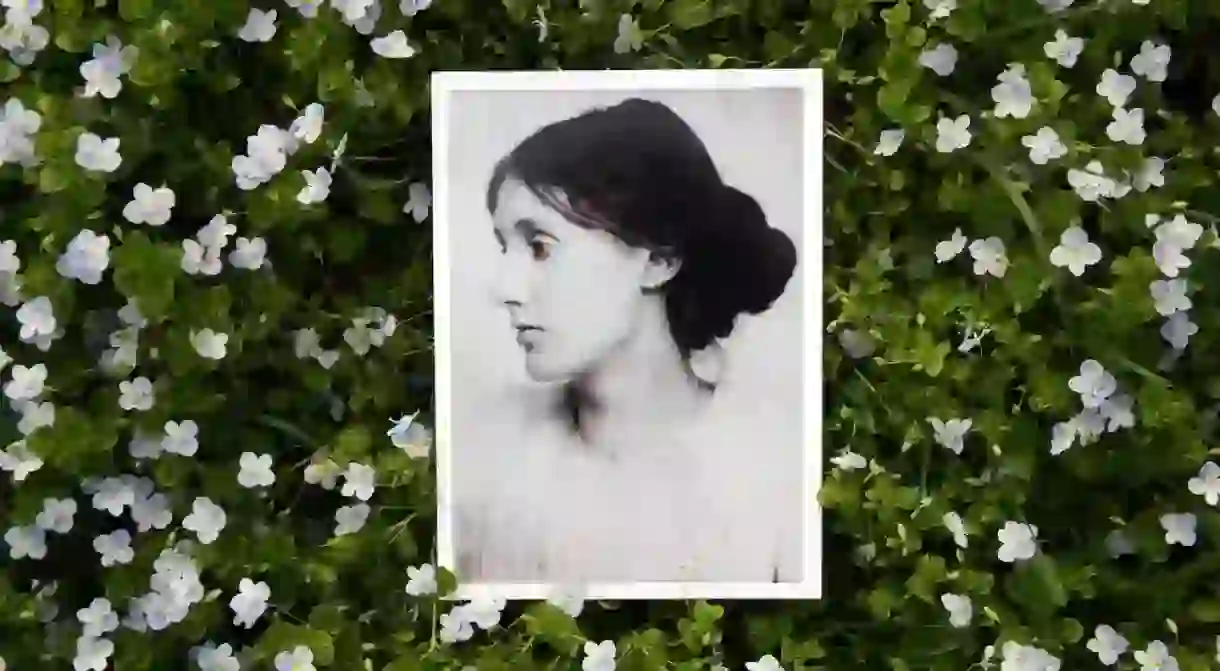Essential Books By Virginia Woolf You Should Read

Virginia Woolf is undoubtedly one of the most famous female writers of all time. A modernist, her books and essays are characterised by the movement’s stream of consciousness style, interior perspectives and abandonment of a linear narrative. A thoroughly talented writer, Woolf was a groundbreaker in her field and her books are a must for those who want to explore 20th-century literature. Here are some of her most beloved works.
Mrs. Dalloway (1925)
Mrs. Dalloway is one of the best books of Virginia Woolf, and a great choice to start with for those who are only just encountering her writing. Clarissa Dalloway is a high-society English woman and Woolf tells the story of her life in post-World War I London. Woolf explores the society at the time and creates an image of the protagonist’s life through her thoughts, as Clarissa prepares for a party that she is going to host that evening. This book is an example of a stream of consciousness narrative, as the reader gets thrown into Clarissa’s mind and her world, creating a sense of intimacy with this character. It was made into a film in 1997.

Orlando: A Biography (1928)
Described by Jorge Luis Borges as Woolf’s ‘most intense novel, and one of the most singular of our era’, Orlando is an enthralling yet accessible read. It starts with a male protagonist, an aristocratic poet who frequents Queen Elizabeth’s court. The novel explores key questions of gender and identity, all against the backdrop of the characters travelling through time and meeting various important literary figures across the ages. Unique and unexpected, Orlando: A Biography is a must-read for any literary fan, and undoubtedly, one of the best Virginia Woolf’s books.

To the Lighthouse (1927)
The story of three members of the Ramsay family, told from their varying perspectives, To the Lighthouse is a touching story of the hardships this family faces while living in a house on the coast of Scotland. Woolf’s flawless prose and interpretation of human emotions will impact readers. She explores the human fear of change in a new, compelling way, and her ability to make descriptions come to life is one of her greatest tools and one of the reasons that readers are unable to put this book down.

A Room of One’s Own (1929)
In this essay, Woolf delves into the implications of gender, and claims that without money and a room of their own, women are not able to let their creativity and genius run free. To exemplify this theory, Woolf creates an imaginary character: Shakespeare’s sister. She gives this character a talent as great as Shakespeare’s, but her story is not one of success; instead she commits suicide, infinitely frustrated by her inability to express her genius in the male-dominated world in which she lives. A Room of One’s Own is a seminal feminist text, and is essential reading for everyone.

The Waves (1931)
This book is composed of six monologues, one by each of the book’s main characters, which Woolf uses to delve into the notions of identity, individuality and society. There is a seventh character, Percival, who is also important but does not speak directly to the reader. The Waves is often considered Woolf’s masterpiece because of the unique style in which it is written, overstepping traditional genre boundaries and intertwining poetry and prose.

Between the Acts (1941)
Between the Acts was Virginia Woolf’s last work, and was published posthumously. It is a book set in England at an unknown location, as the outbreak of the Second World War looms over the country. A village hosts its annual show in a summer house, and the villagers act out important moments of English history. It is a play within a play in which Woolf cleverly alludes to certain topics, mostly related to the war: the rise of fascism was important to her, not only because her husband was Jewish, but because she too was on Hitler’s UK blacklist.














